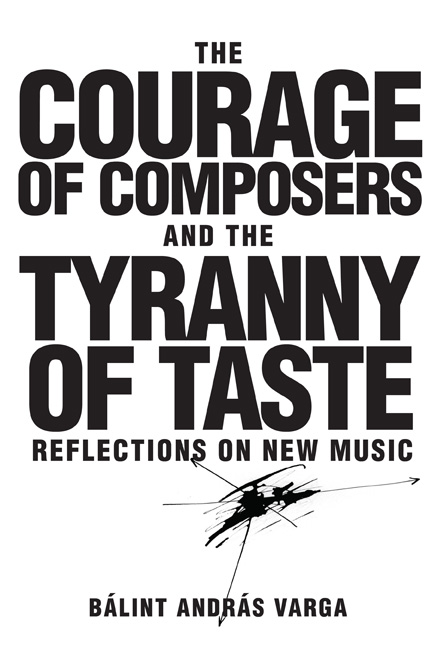22 - Siegfried Matthus (b. 1934)
Published online by Cambridge University Press: 22 May 2021
Summary
Looking at musical life in the German Democratic Republic (GDR, East Germany during its years as a communist state) from the vantage point of the Hungarian People's Republic, I gained the impression early on that its most prominent, indeed, most successful representative was Siegfried Matthus. As I write elsewhere in this book, there was of course Paul Dessau (1894–1979) with his immense authority and influence; also, Ernst Hermann Meyer (1905–88), who actually sat on the Central Committee of the communist SED (Socialist Unity Party) and was an outspoken advocate of socialist realism in music. Both of them stood out as figures of political and musical officialdom—but it was Siegfried Matthus (again, as far as I could judge from Budapest) who was actually performed with any frequency and accepted by the public, and whose jovial, easygoing manner made him a popular figure.
Unlike so many composers of the GDR who appear to have faded into oblivion since reunification, some of them during their lifetimes, Siegfried Matthus's presence has remained undiminished. One wonders what his secret might be: after all, he was permitted by the East German authorities to be elected a member of the Academy of Arts in West Berlin as early as 1976, and two years later, of the Bavarian Academy of Fine Arts in Munich. He had been elected to the East German Academy as early as 1969, at the age of thirty-five.
Matthus was showered with decorations in the GDR and, in reunited Germany, has kept up the tradition. What might be closest to his heart is the naming of a hall after him at Rheinsberg where he founded a festival of chamber operas in 1990. It is called the Siegfried-Matthus-Arena.
As for his secret—it probably lies in the fact that he writes good music.
May 22, 2015
In the late 1960s and early 1970s, I was considerably intrigued by the serial experiments of my colleagues in the West. It did not so much take courage to publicly acknowledge my interest, rather, my stance was meant as a protest against the official aesthetic dogmas in the GDR.
- Type
- Chapter
- Information
- The Courage of Composers and the Tyranny of TasteReflections on New Music, pp. 132 - 133Publisher: Boydell & BrewerPrint publication year: 2017

